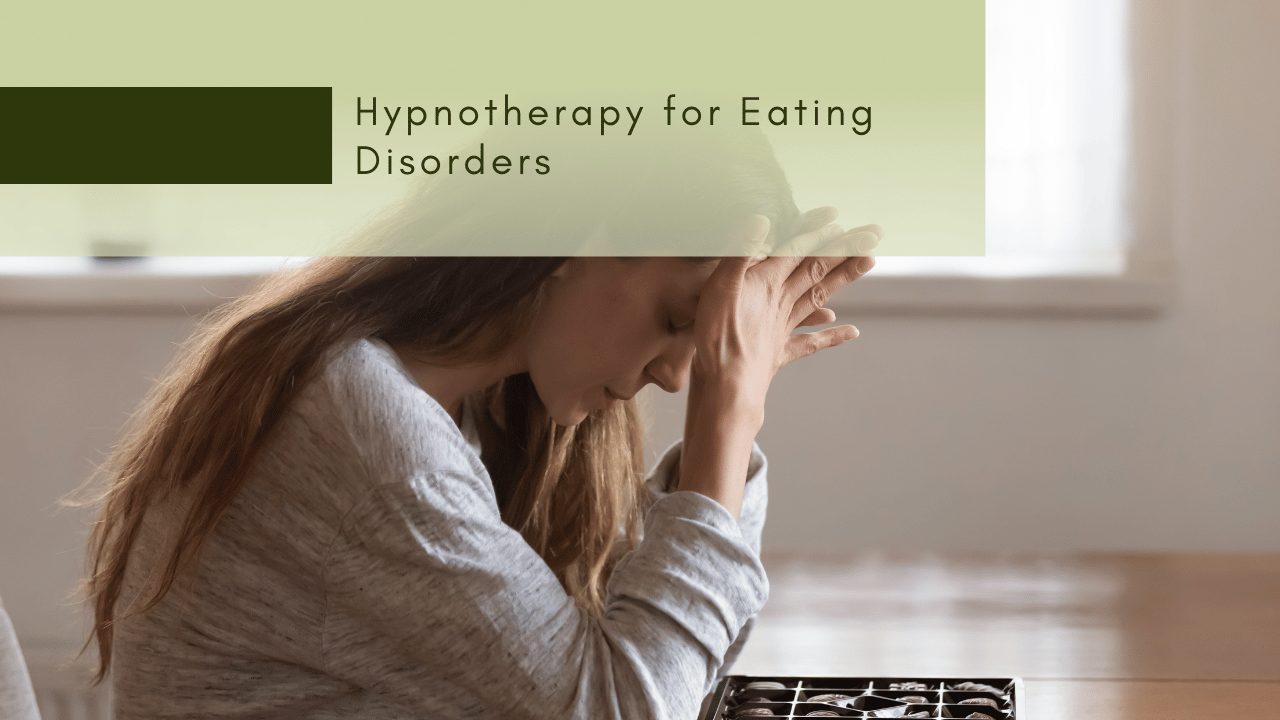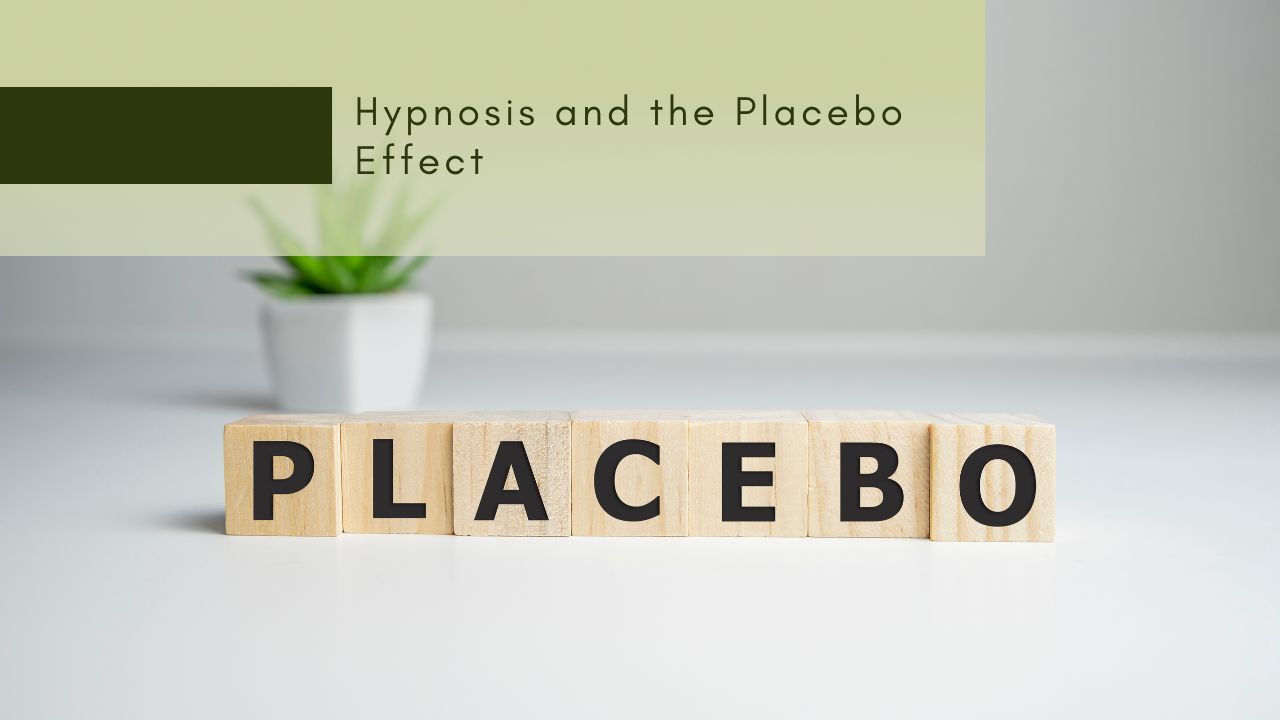In this post, we will explore the topic of hypnotherapy for eating disorders. Eating disorders are a complex and often debilitating condition that can have a significant impact on your physical and mental health. Hypnotherapy is a holistic and effective solution that can help you heal your relationship with food by addressing the root cause of your emotions and providing you with the tools to manage them better.
How Do Eating Disorders Affect Your Health and Wellbeing?
Eating disorders can have profound and detrimental effects on both physical and mental health and overall wellbeing. There are several types of eating disorders, including anorexia nervosa, bulimia nervosa, binge-eating disorder, and others, and their specific impacts can vary. Below are some ways in which eating disorders can affect health and wellbeing:
- Malnutrition: People with eating disorders may not consume enough nutrients, leading to malnutrition. This can result in a range of physical problems, including weakness, fatigue, and organ damage.
- Weight Fluctuations: Extreme weight loss or gain can occur, leading to imbalances in electrolytes, which can affect the heart, kidneys, and other organs.
- Gastrointestinal Issues: Frequent purging in disorders like bulimia can lead to gastrointestinal problems, including acid reflux, ulcers, and pancreatitis.
- Bone Health: Calcium and bone density can be affected, potentially leading to osteoporosis.
- Hair, Skin, and Nails: Nutrient deficiencies can cause hair loss, dry skin, and brittle nails.
- Hormonal Imbalances: Irregular menstrual cycles, infertility, and hormonal imbalances can occur in females with eating disorders.
- Cardiovascular Problems: Anorexia can lead to low blood pressure, slowed heart rate (bradycardia), and arrhythmias, which can be life-threatening.
- Dental Issues: Frequent vomiting in bulimia can lead to dental erosion, cavities, and gum problems.
- Depression and Anxiety: Eating disorders are often accompanied by depression and anxiety disorders, which can worsen overall mental health.
- Obsessive-Compulsive Behavior: People with eating disorders may engage in obsessive behaviors related to food, weight, and body image.
- Social Isolation: The secrecy and shame associated with eating disorders can lead to social isolation and strained relationships.
- Low Self-Esteem: Negative body image and the pursuit of an idealized body shape can lead to low self-esteem and self-worth.
- Suicidal Thoughts: Eating disorders can increase the risk of suicidal thoughts and behaviors, particularly in severe cases.
- Cognitive Impairment: Malnutrition can impair cognitive functioning, leading to difficulty concentrating, memory problems, and reduced decision-making capacity.
- Isolation and Avoidance: People with eating disorders often avoid social situations involving food, which can limit their participation in life.
- Rigidity: Rigorous dietary rules and rituals can lead to inflexibility in daily life and an inability to adapt to changing circumstances.
- Long-term consequences of eating disorders can include chronic health problems, such as heart disease, kidney damage, and digestive issues, as well as a higher risk of premature death.
What Is Hypnotherapy and How Can It Help You Heal Your Relationship With Food?
Hypnotherapy is a therapeutic approach that uses therapies and hypnosis, a state of focused attention and deep relaxation, to help individuals make positive changes in their thoughts, behaviors, and emotions. In the context of healing, one’s relationship with food and addressing eating disorders or disordered eating patterns, hypnotherapy can be a viable complementary treatment option.
What Are the Benefits of Using Hypnotherapy for Eating Disorders?
Below is a list of ways in which hypnotherapy can help with eating disorders:
- Accessing the Subconscious Mind: Hypnotherapy aims to access the subconscious mind, which is where many deeply ingrained beliefs and patterns related to food and eating habits reside. By reaching this level of consciousness, a hypnotherapist can work with you to identify and address the underlying causes of your problematic relationship with food.
- Changing Negative Thought Patterns: Hypnotherapy can help you replace negative or self-sabotaging thought patterns with more positive and constructive ones. For example, it can help you challenge and reframe distorted body image perceptions or irrational beliefs about food.
- Hypnotherapy for Reducing Anxiety and Stress: Many individuals with eating disorders or disordered eating behaviors experience high levels of anxiety and stress related to food and body image. Hypnotherapy can teach relaxation techniques and reduce anxiety, making it easier to approach food in a healthier way.
- Behavior Modification: Hypnotherapy can assist in changing specific behaviors related to food, such as reducing binge eating, emotional eating, or purging behaviours. It can help you establish healthier eating habits and coping mechanisms.
- Self-Esteem and Self-Image Improvement: By addressing self-esteem and self-image issues in the hypnotic state, hypnotherapy can boost your confidence and self-worth, which can be instrumental in healing your relationship with food and body.
- Identifying Triggers: Hypnotherapy can help you identify and understand the emotional and psychological triggers that lead to unhealthy eating behaviours. Once identified, you can work on strategies to manage or eliminate these triggers.
- Motivation and Goal Setting: Hypnotherapy can help you clarify your goals for recovery and increase your motivation to achieve them. It can instill a sense of commitment and determination to overcome your challenges.
If you’re interested in the subject of hypnotherapy for weight loss read our article regarding virtual gastric band hypnotherapy in Auckland.
How Do You Prepare for a Hypnotherapy Session for Eating Disorders?
Preparing for a hypnotherapy session for eating disorders involves a combination of practical steps and mental readiness. Carrying out the steps below will help you prepare effectively:
- Find a Qualified Hypnotherapist: Ensure that you are working with a qualified and certified hypnotherapist who has experience in treating eating disorders or related issues.
- Initial Consultation: Schedule an initial consultation with the hypnotherapist to discuss your goals, concerns, and expectations. This meeting allows you to gauge whether you feel comfortable and confident in the therapist’s abilities.
- Commit to Regular Sessions: Hypnotherapy often requires multiple sessions to achieve meaningful results. Commit to attending sessions regularly and as recommended by your therapist. Consistency is essential for progress.
- Educate Yourself: Learn about hypnotherapy and what to expect during a session. Understanding the process can help reduce anxiety and make you more receptive to the therapy. Your therapist will answer any questions.
- Set Clear Goals: Clearly define your goals for hypnotherapy. What specific issues related to your eating disorder do you want to address? Communicate these goals to your therapist so they can tailor the sessions accordingly.
- Create a Safe and Comfortable Environment: Ensure that you will be in a quiet, comfortable, and private space for the hypnotherapy session. Minimise distractions and interruptions.
- Prepare Questions and Concerns: Before the session, jot down any questions or concerns you may have about hypnotherapy or your eating disorder. Discuss these with your therapist during the session or at the beginning of your treatment.
- Open Communication: Establish open and honest communication with your hypnotherapist. Be prepared to share your thoughts, feelings, and experiences related to your eating disorder. Trust and rapport with your therapist are crucial.
- Maintain an Open Mind: Approach hypnotherapy with an open mind and a positive attitude. Hypnosis is most effective when you are willing and motivated to make positive changes.
- Avoid Alcohol and Stimulants: Refrain from consuming alcohol or stimulants on the day of your session, as these substances can interfere with your ability to relax and focus.
- Dress Comfortably: Wear comfortable clothing to the session to ensure physical comfort during the hypnosis process.
- Stay Hydrated: Drink water to stay hydrated before the session, and avoid heavy meals immediately beforehand to prevent discomfort during hypnosis.
- Follow Pre-Session Instructions: If your hypnotherapist provides specific instructions to follow before the session (such as refraining from caffeine or nicotine), be sure to adhere to them.
The success of hypnotherapy, like any therapy, depends on your commitment to the process and your willingness to actively participate in your healing journey.




